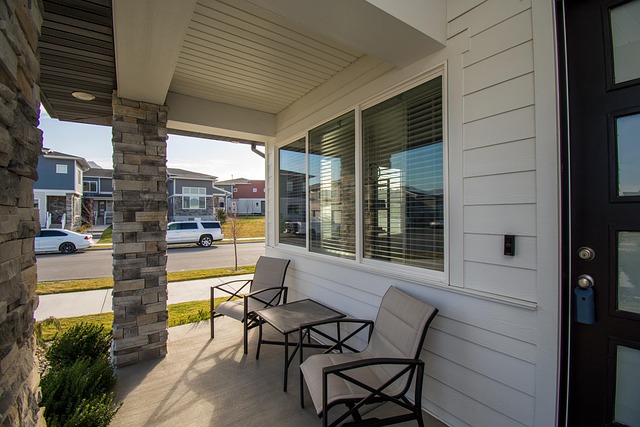In Philadelphia, the Statute of Limitations (SOL) for filing lawsuits related to elder sexual abuse is two years from discovery, a timeframe crucial for elderly sexual assault lawyers in shaping legal strategies. Extending these deadlines can aid victims overwhelmed by shame or fear, encouraging them to report and seek justice. However, this must balance timely resolution, as lengthier SOLs may spark legal challenges, increase costs, and prolong litigation within the vibrant elderly sexual assault lawyers community in Philly.
In Philadelphia, as across the nation, the Statutes of Limitations (SOL) for elderly sexual abuse cases present unique challenges. This article delves into the complexities of current SOL frameworks and explores pros and cons of extending them. With a focus on protecting vulnerable populations, we examine how changes could impact elderly sexual assault cases in Philly. Engaging with these issues, especially through the lens of experienced elderly sexual assault lawyers Philly, is crucial for fostering a more just and responsive legal system.
Understanding Statutes of Limitations for Elder Sexual Abuse in Philadelphia

In Philadelphia, like many jurisdictions, Statutes of Limitations (SOLs) for filing lawsuits regarding elder sexual abuse have specific time frames. These are legal deadlines set to ensure cases are resolved within a reasonable period after the incident. For elderly sexual assault in Philly, the SOL typically allows victims up to 2 years from the date they discover or should have discovered the abuse to file civil litigation. This two-year period is crucial for survivors and their families as it sets a time limit on pursuing legal action.
Understanding the SOL is essential for elderly sexual assault lawyers in Philly, as it significantly impacts the available options for victims. Prolonging the statute by extending these deadlines can be a game-changer, especially considering the sensitive nature of such cases. Delving into the pros and cons of extending SOLs requires a careful balance between fostering justice for survivors and ensuring timely resolution of legal matters.
Pros of Extending the Time Frame: Protecting Vulnerable Populations

Extending the statute of limitations for elder sexual abuse cases is a crucial step in ensuring justice and protection for vulnerable populations in Philadelphia. This change would allow victims, often hesitant to come forward due to shame or fear, more time to report their experiences and seek legal recourse. By doing so, elderly sexual assault lawyers Philly can better serve and support those who have endured such heinous acts, providing them with the opportunity to hold perpetrators accountable.
The benefits of this extension are manifold. It enables a broader range of victims to come forward, ensuring that no one feels left behind or overlooked. This is particularly important in cases where victims may have been coerced, manipulated, or threatened into silence by their abusers. An extended time frame can also lead to more robust investigations and successful prosecutions, as it gives law enforcement and prosecutors the necessary time to gather evidence and build strong cases. Ultimately, this measure reflects a commitment to safeguarding Philadelphia’s most vulnerable residents and ensuring that justice is served in elder sexual abuse cases.
Cons and Legal Implications: Challenges and Considerations for Elder Sexual Assault Cases in Philly

Extending statutes of limitations for elderly sexual abuse presents several challenges and considerations for elderly sexual assault lawyers in Philadelphia. One significant con is the potential for evidence to become scarce or inaccessible over time, making it harder to build a robust case. As victims may be reluctant to come forward due to shame, fear, or cognitive impairments, the existing limitations ensure that cases are brought within a reasonable timeframe. Delving into these cases often requires meticulous documentation and a deep understanding of the victim’s circumstances, which can be hindered by memory gaps or the lack of formal records.
Moreover, lengthening statutes could lead to complex legal battles, as defendants may argue against the validity of delayed reports. This may result in increased court costs, prolonged litigation, and potential setbacks for victims seeking justice. In Philadelphia, where a vibrant community of elderly sexual assault lawyers is dedicated to these sensitive cases, navigating these legal complexities is crucial. Ensuring that the rights of survivors are protected while maintaining fair judicial processes is an intricate task that demands careful consideration.






